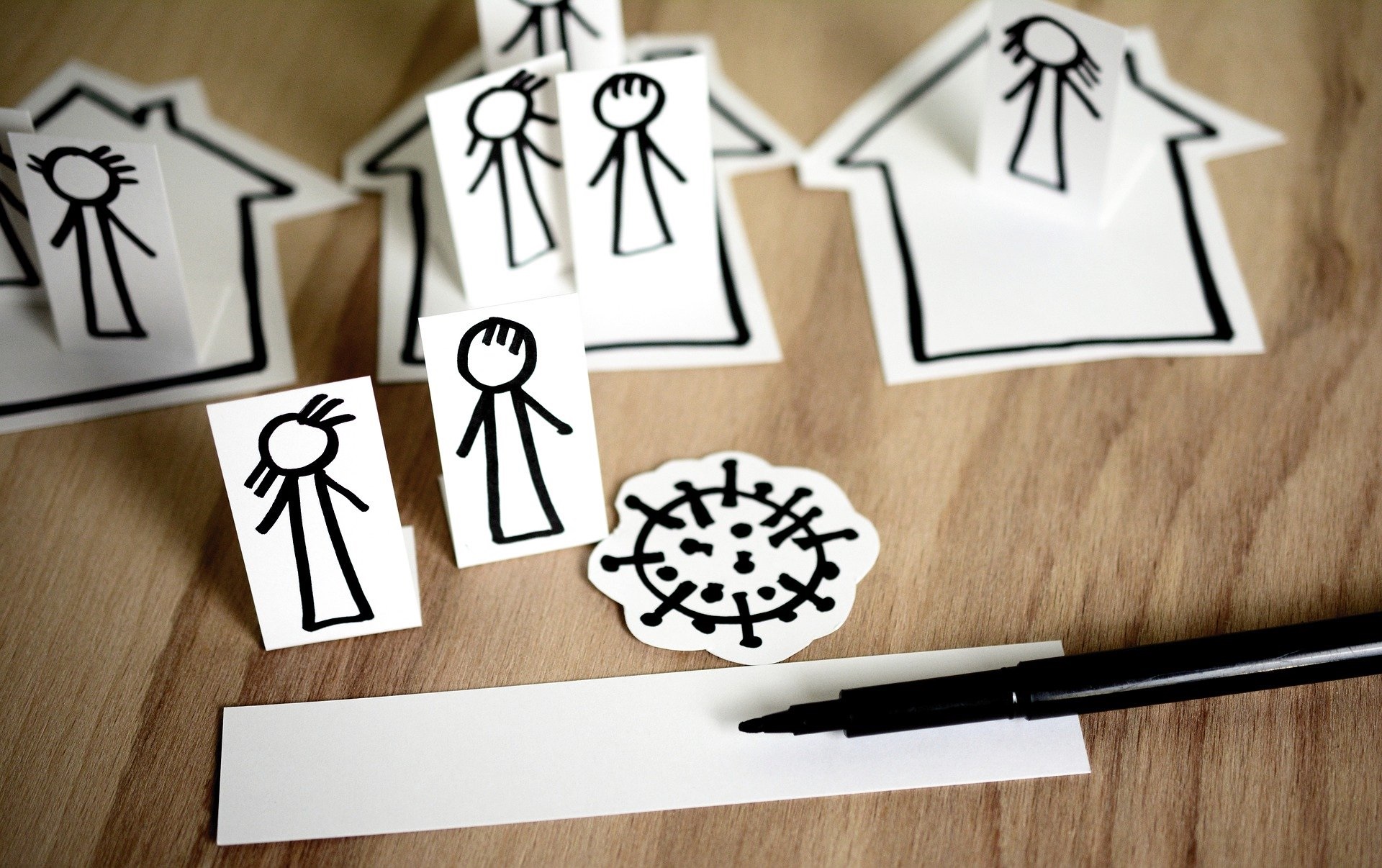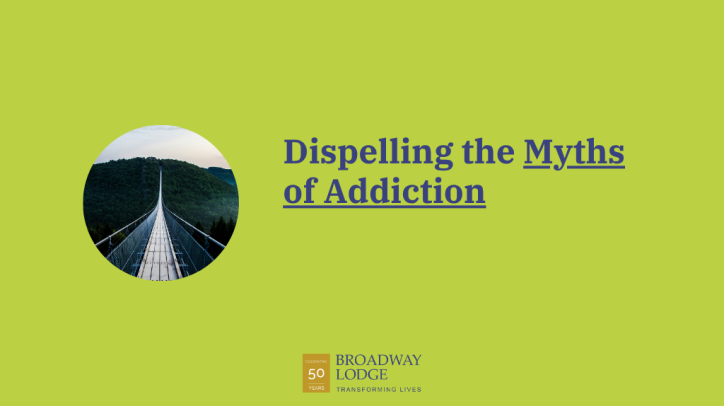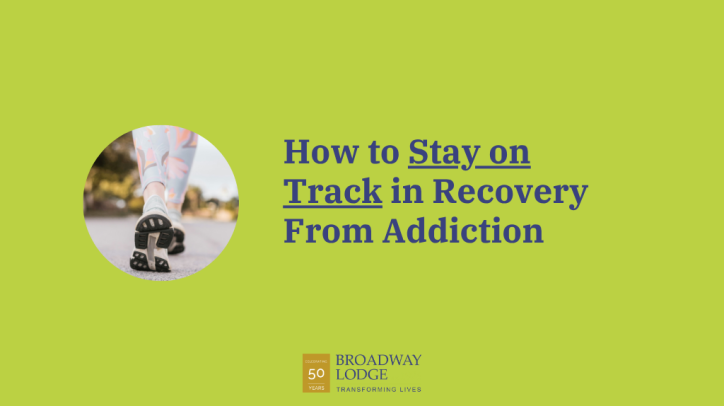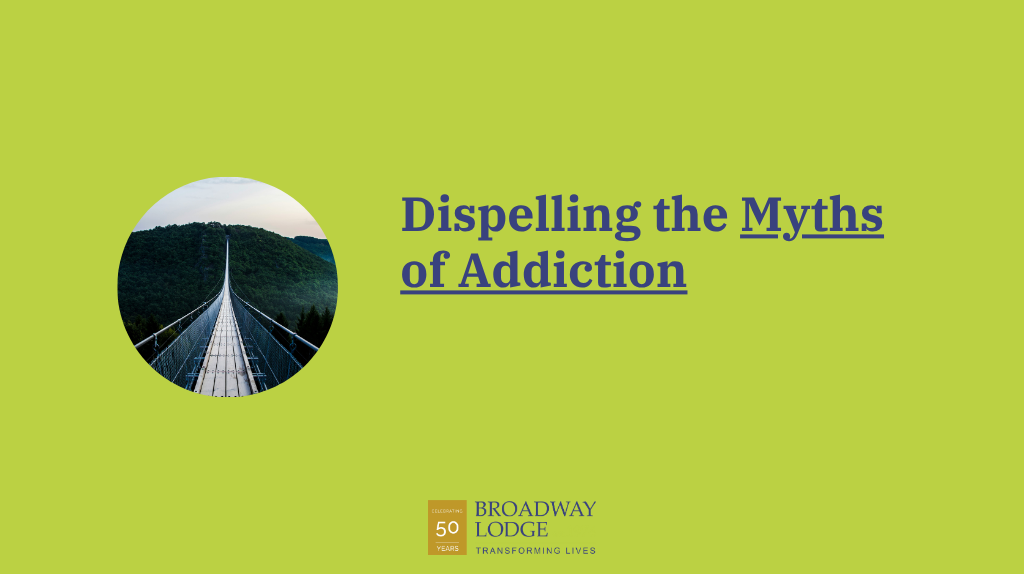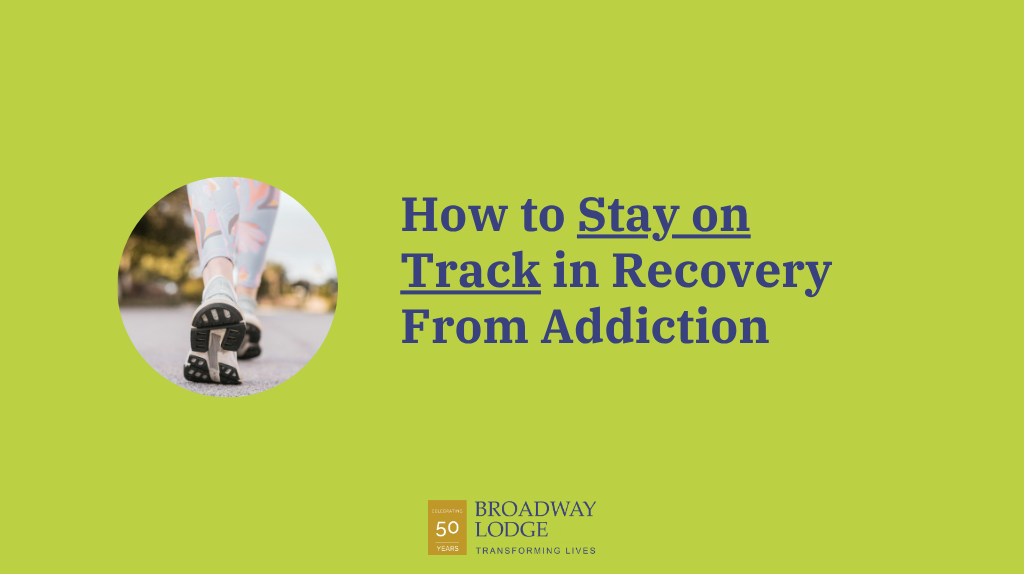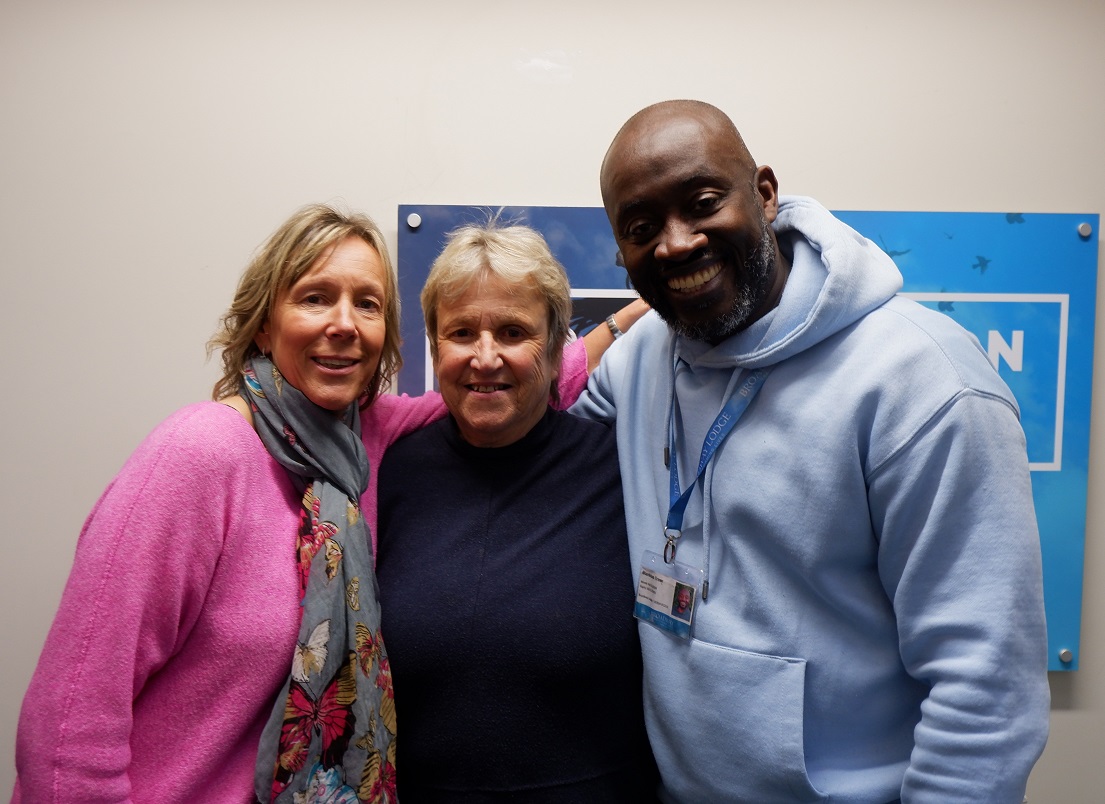Coronavirus swept across the nation in recent months and government guidance has meant the majority of the country has been required to stay indoors with no contact in person with friends and relatives from other households. Although this is now beginning to ease, perhaps it’s too late for some? For the people who have used harmful behaviours, mind altering substances and alcohol in an attempt to hide from feelings that they have found difficult to handle, brought to the surface and emphasised due to the pressures of lockdown.
How could coronavirus lead to addiction?
As specialists in the treatment of addiction, we know that engaging in harmful behaviours (for example gaming and gambling) and substance misuse is a way of altering the mental state – a way to mask negative thoughts and to numb uncomfortable feelings (whether it be depression, sadness, grief or trauma for example). With a disruption to our ‘normal’ daily lives and routine, it’s no wonder that many people will feel increased stress, boredom, loneliness and anxiety. And to feel worry about jobs, the future, money, ill-health, relationships – the list goes on. Not to mention the impact on people who are already battling with a mental health condition. Being forced to stay indoors means there’s more time and space for our minds to constantly feed us thoughts, and thoughts can be notoriously false and invasive, especially when we’re feeling low. A situation like this is likely to exacerbate the mental pain and with support services overwhelmed or closed for weeks on end, people may not have been able to access help straight away and it seems that they are self-medicating with alcohol, drugs or harmful behaviours to cope.
Research indicates that this is the case. An article by The Independent stated that daily alcohol use will cause a “second health crisis” where “this period of isolation might lead to a spike in alcohol misuse and, potentially, development of addiction in at-risk individuals or relapse in recovered addicted patients.” In a separate piece, The Independent also report that “what seems to have changed for drug users in recent months is a significant rise in those reporting using drugs to help cope with mental health problems – up from approximately one in five prior before the coronavirus outbreak to one in two during the pandemic. The type of mental health problems identified by respondents are anxiety, escaping reality, stress or loneliness.”
In addition, Alcohol Change UK report that 1 in 5 people are drinking more, perhaps for similar reasons and physical dependence can happen fast.
Increased, regular use of alcohol, drugs or harmful behaviours can quickly manifest into addiction. With no choice but to stay at home it wouldn’t be surprising to learn that over the last 13 or so weeks, an amount of people drinking or using drugs more regularly have become physically and/or psychologically dependent and realise that they need help to deal with the root cause of their substance misuse.
How the impact of coronavirus could be affecting people in recovery
A massive part of addiction recovery involves socialising, attending meetings and having face to face contact as a support mechanism. Also being consistent with attending general appointments such as GP, dentist and other healthcare needs is a part of the recovery process. Due to the pandemic, removing the ability to socialise has created an increased chance of relapse particularly for those who are early in recovery and vulnerable. Fellowship meetings have been held online which have been popular and more people than before have been engaging in these meetings, however, locally to us in North Somerset there has been an increase in relapse.
If you’re worried about an addiction
If you think you’ve developed a problem with drinking, substance misuse or a harmful behaviour such as gambling, sex or gaming, please know that there is help and support out there for you to recover. We would recommend the following:
- Engage with your local drug and alcohol service who will work with you and aim to help you make positive changes and they may be able to help you with treatment.
- Look at finding support with Narcotics Anonymous, Alcoholics Anonymous, Cocaine Anonymous, Gamcare, or Sex Addicts Anonymous (click the individual groups to be taken to their website).
- Refer yourself for residential addiction treatment at Broadway Lodge for detoxification and/or therapeutic treatment to help you to address underlying causes of your addiction and to develop healthy coping mechanisms and tools for a long-term recovery.
We’d like to help
Please contact us in confidence if you’d like to know more about our services and prices and to request an information pack. Please email hello@broadwaylodge.org.uk, call us on 01934 815515 or send us a message via our website.

